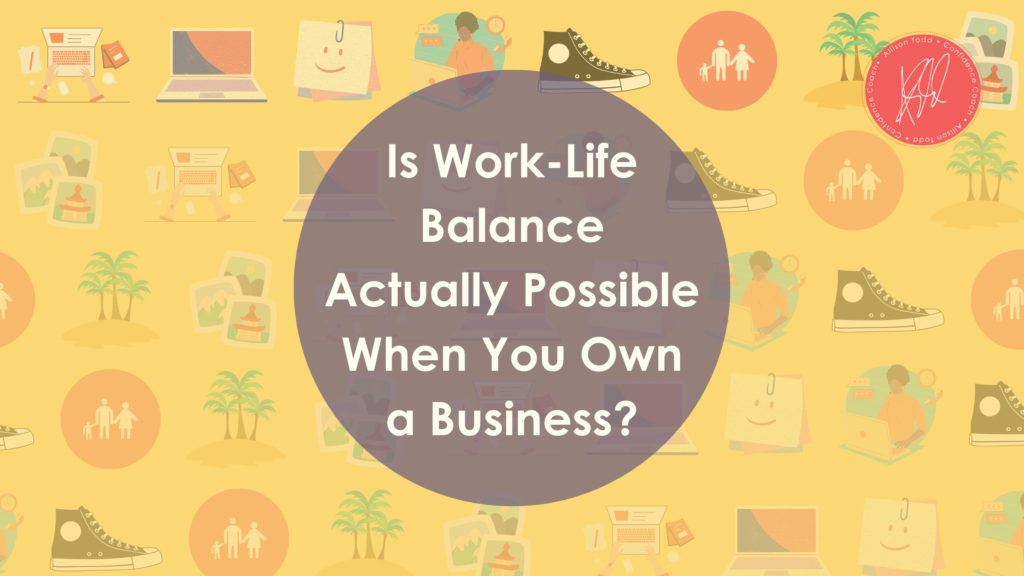When Can You Consider Yourself a CEO?
When is a founder considered a CEO? Is it when they start getting a certain number of profits or employees? When do they take on the role and responsibilities of a CEO?
By definition, a CEO is the highest-ranking executive in a company and the point of communication between the board of directors and operations. Typically, the CEO is the final decision-maker in the company and must only report to the board of directors.
This is all true of large corporations, but what about smaller businesses? What if you don’t have a board of directors or other executives?
Plenty of owner/operators or founders call themselves a CEO interchangeably, but is this accurate? At what point are you qualified to call yourself a CEO?
What Makes a CEO?
Legally, yes, you can call yourself a CEO or anything else you like. You’re the majority owner of the business. But calling yourself a CEO and actually being a CEO are quite different.
CEOs have a lot of responsibilities they undertake each day, and their decisions can have a profound impact on a company or its employees. They work up to that position by taking on different management or leadership roles. Perhaps they undergo executive training programs or mentorships within the company.
Yes, you do run a business. But running a business for yourself and running a large corporate with many moving parts and a number of stakeholders to answer to is a big step up.
Furthermore, calling yourself a CEO as a small business owner doesn’t boost your credibility. When it comes to investors, it could even hurt your chances. It’s not only an ego issue, but a concern for how seriously you’ll be taking your business.
Very few people are qualified to be a CEO simply because they founded a company. Investors will realize the title is only a temporary or ego-driven one, and that as your company grows, you’ll need to hire an experienced CEO.
Requirements of a CEO
Though courses are available for executive training, CEOs usually earn their qualifications and position with extensive experience in:
- – Marketing
- – Sales
- – Finance
- – Operations
- – Product development
- – Management
- – Leadership
- – Recruiting
- – Strategy
- – Accounting
This isn’t a background that can be gained with a college course. The experience is gained by doing the work and learning along the way.
And these are just skills. It doesn’t even include the other qualities you need, such as commitment, integrity, and motivation.
As your business scales, you may need to appoint a CEO and other leaders. You could also appoint yourself, but you don’t know what you don’t know.
Scale Your Business
Building a substantial company requires an experienced team to help it reach success. Simply calling yourself a CEO doesn’t give you the skill set or qualifications, and if you don’t have other leaders to help, you’re only hurting your own success.
Looking for executive coaching? Work with Allison directly to gain the skills you need!











